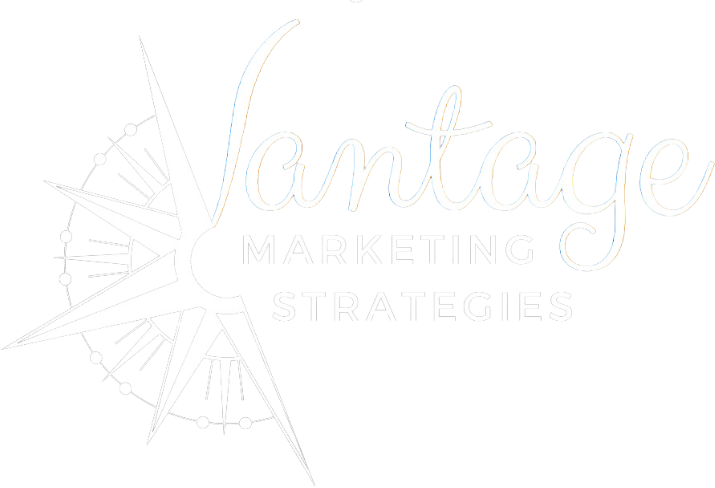
Artificial intelligence (AI) is no longer a futuristic concept; it’s a transformative tool shaping the way businesses approach marketing. By automating repetitive tasks, providing deep insights through analytics, and enhancing personalization, AI empowers marketers to achieve more with less. For companies working with a Fractional Chief Marketing Officer (Fractional CMO), AI becomes an indispensable resource for streamlining operations and driving impactful results.
The Role of AI in Marketing Operations
1. AI Tools for Marketing Automation
Marketing automation is one of the most significant benefits of AI, helping businesses save time and resources by automating repetitive tasks. AI-driven tools can handle tasks such as:
- Email Campaigns: Platforms like Mailchimp and HubSpot use AI to send personalized emails at optimal times, increasing open and conversion rates.
- Social Media Management: Tools like Buffer and Hootsuite leverage AI to schedule posts, analyze performance, and suggest improvements.
- Ad Targeting: Google Ads and Meta Ads use AI to deliver ads to the right audience based on behavior and preferences.
AI allows marketers to focus on strategy while technology handles the heavy lifting of data and execution.
Real-World Example: A retail company used AI-powered email automation to segment their audience and send personalized product recommendations. This resulted in a 20% increase in click-through rates and a 15% boost in sales within three months.
2. Advanced Analytics for Smarter Decisions
AI enables marketers to analyze vast amounts of data quickly and accurately, uncovering patterns and insights that would be difficult to identify manually. These insights can inform:
- Customer Behavior: Predicting what customers want based on past interactions.
- Campaign Performance: Identifying which strategies deliver the best ROI.
- Market Trends: Forecasting shifts in consumer preferences and industry dynamics.
Real-World Example: A SaaS company integrated an AI-driven analytics tool like Tableau into their marketing operations. By identifying underperforming channels and reallocating budgets to high-performing ones, they improved their marketing ROI by 25%.
3. Enhanced Personalization
AI excels at delivering personalized experiences at scale, making customers feel valued and increasing engagement. Examples include:
- Dynamic Website Content: AI tailors website content based on visitor behavior.
- Chatbots: Tools like Drift and Intercom provide real-time support and personalized product recommendations.
- Recommendation Engines: Platforms like Amazon and Netflix use AI to suggest products or content based on user preferences.
Real-World Example: A boutique hotel chain implemented an AI-based chatbot on their website to assist with booking inquiries. The chatbot’s ability to provide instant, personalized responses led to a 30% increase in direct bookings.
How Fractional CMOs Leverage AI
Fractional CMOs bring strategic oversight to marketing operations, ensuring that AI tools are not just adopted but integrated effectively. Here’s how they make it happen:
1. Identifying the Right Tools
A Fractional CMO evaluates the needs of the business and selects AI tools that align with objectives. For example, they might recommend AI-powered CRM systems like Salesforce Einstein to improve customer relationship management.
2. Ensuring Team Adoption
Introducing AI tools requires buy-in from the marketing team. Fractional CMOs lead training sessions and demonstrate how these tools enhance productivity and results.
3. Monitoring Performance
AI tools are most effective when monitored and optimized. Fractional CMOs ensure continuous improvement by analyzing performance metrics and making adjustments as needed.
Real-World Example: A mid-sized healthcare company struggled with lead management. A Fractional CMO introduced an AI-powered lead scoring system that prioritized high-value prospects. This not only streamlined sales efforts but also increased conversions by 18% in the first quarter.
The Benefits of AI in Marketing Operations
1. Increased Efficiency
By automating repetitive tasks, AI frees up marketers to focus on strategy and creative work.
2. Improved Accuracy
AI minimizes errors in data analysis and decision-making, ensuring campaigns are based on reliable insights.
3. Better Customer Experiences
Personalization at scale leads to higher customer satisfaction and loyalty.
Takeaway
Artificial intelligence is redefining marketing operations, offering businesses the tools to operate more efficiently and effectively. For companies working with a Fractional CMO, the combination of strategic expertise and AI-driven insights creates a powerful synergy that drives growth and innovation. As AI continues to evolve, businesses that embrace its potential will be best positioned to thrive in an increasingly competitive market.h and a competitive edge.

